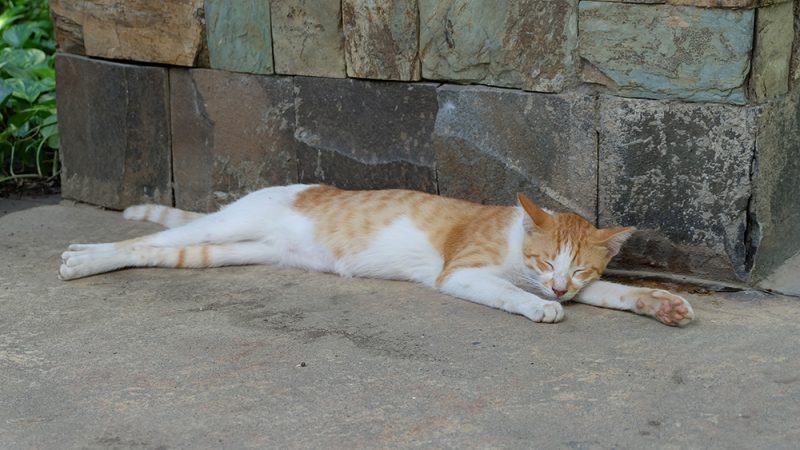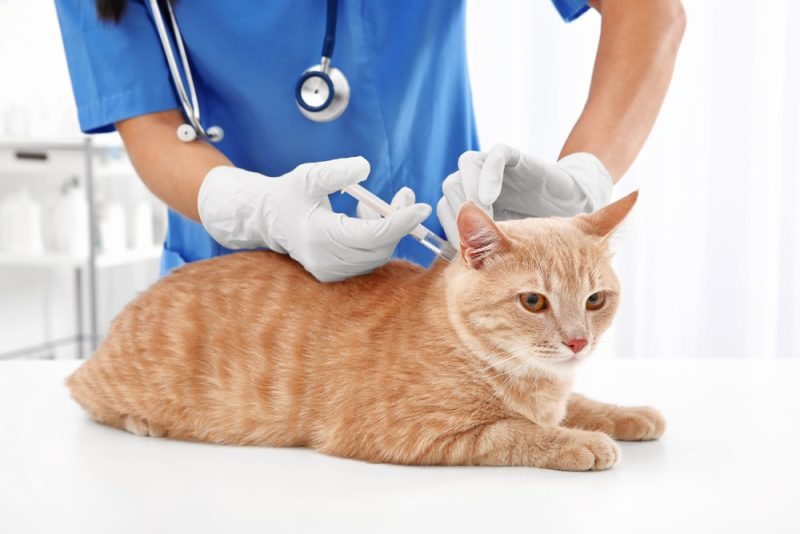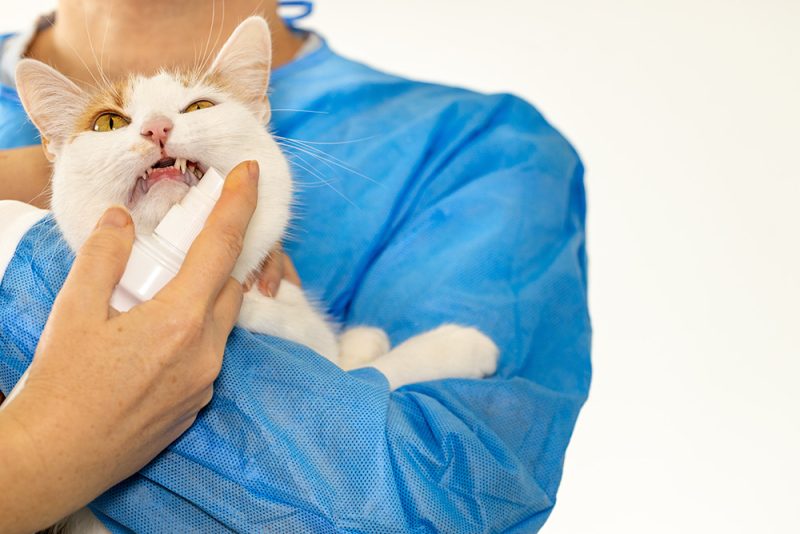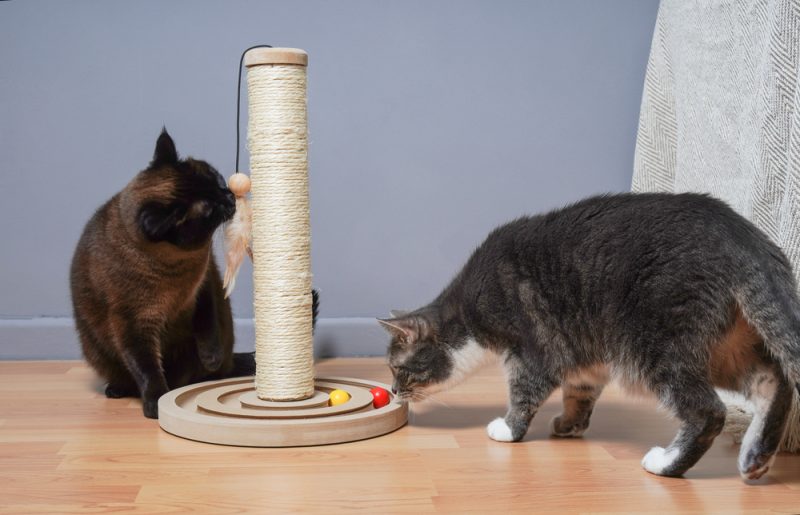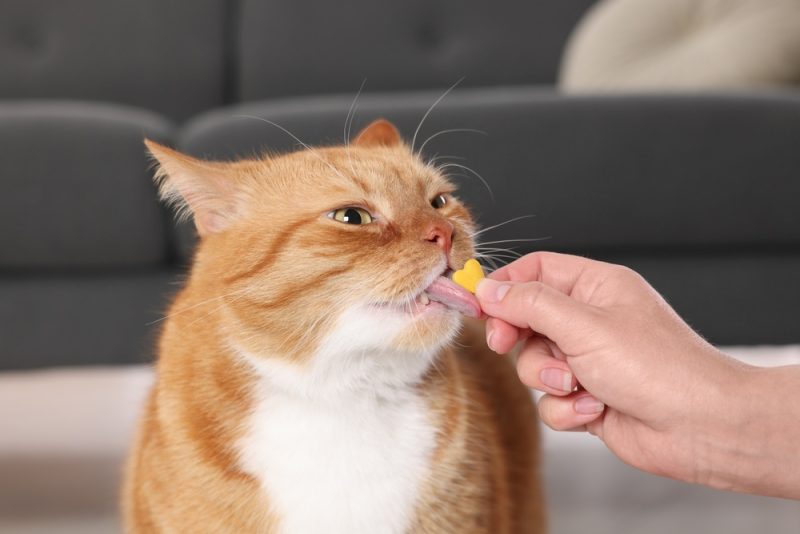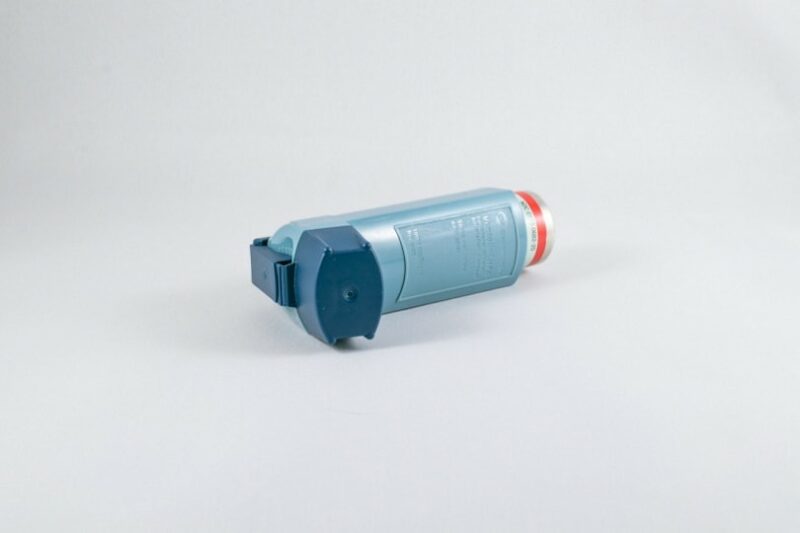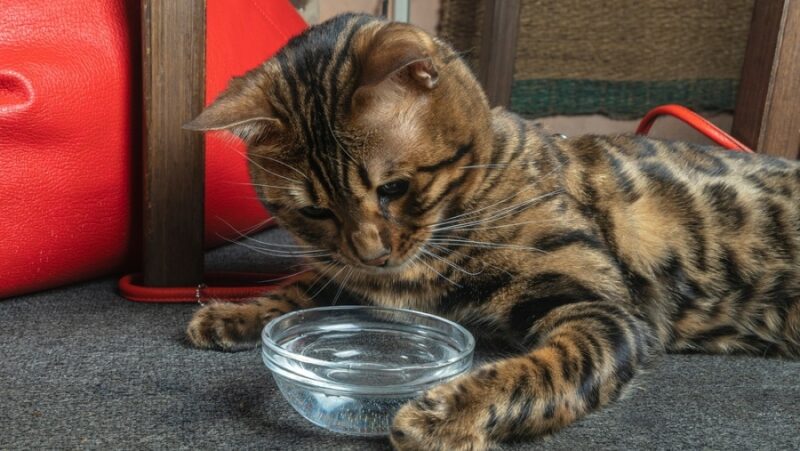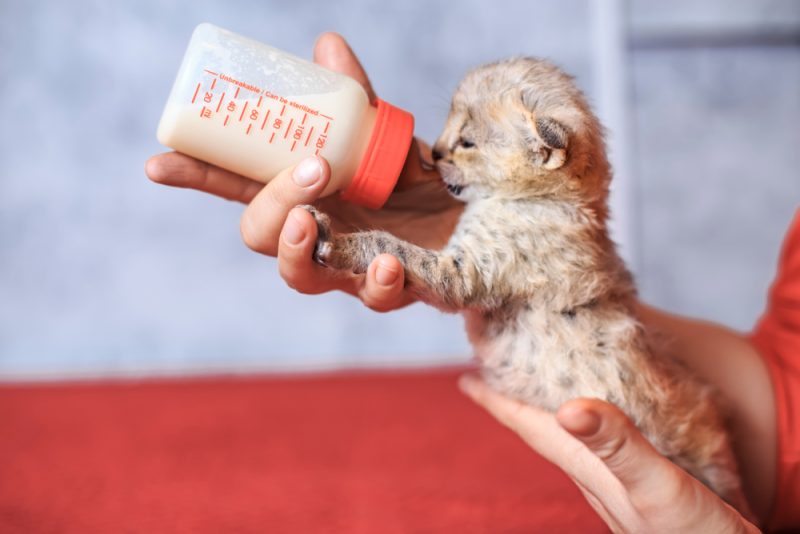In this article
Discovering a deceased (dead) pet can be a difficult situation. While we all want our cats to live forever, sadly, it’s just not possible. There are numerous scenarios in which you might find a dead cat. You may discover one in your yard, driveway, or in the street. The cat could belong to one of your neighbors or a friend, or they may be a stray or a feral cat.
Regardless of the situation and whose cat it is, it’s important to handle the cat with care, love, and respect. This can, at times, feel impossible, especially if it is your own cat or a happened because of a traumatic event, but written below are some steps you can take when you are unsure about what to do with a deceased fur baby.

What to Do if You Found a Dead Cat
If you spot a deceased cat, it is not recommended to leave them or ignore them. If in the street, the cat can be a hazard to other drivers. Deceased cats can attract wild animals who may begin to eat the remains, and they may also attract vermin and insects. To add further to the potential problems, the cat can continue to spread any diseases and viruses within the area.
Before tackling this further, your own and others’ safety must be addressed first. Only once you are sure you and others around will remain safe should you attempt any of the following steps in this article, regardless of the situation or whose pet it is. Should you be of a more squeamish nature, call for help or ask bystanders for assistance. You must not put yourself at risk before you move the cat to safety or attempt to resolve the situation.
It is also worth noting that, before we get more specific about this delicate topic, rules, regulations, and laws will all vary from state to state and country to country. Therefore, whether you reside in the area where you found the cat or are just visiting, it is always advised to consult guidance from the local authorities of where you found the body.
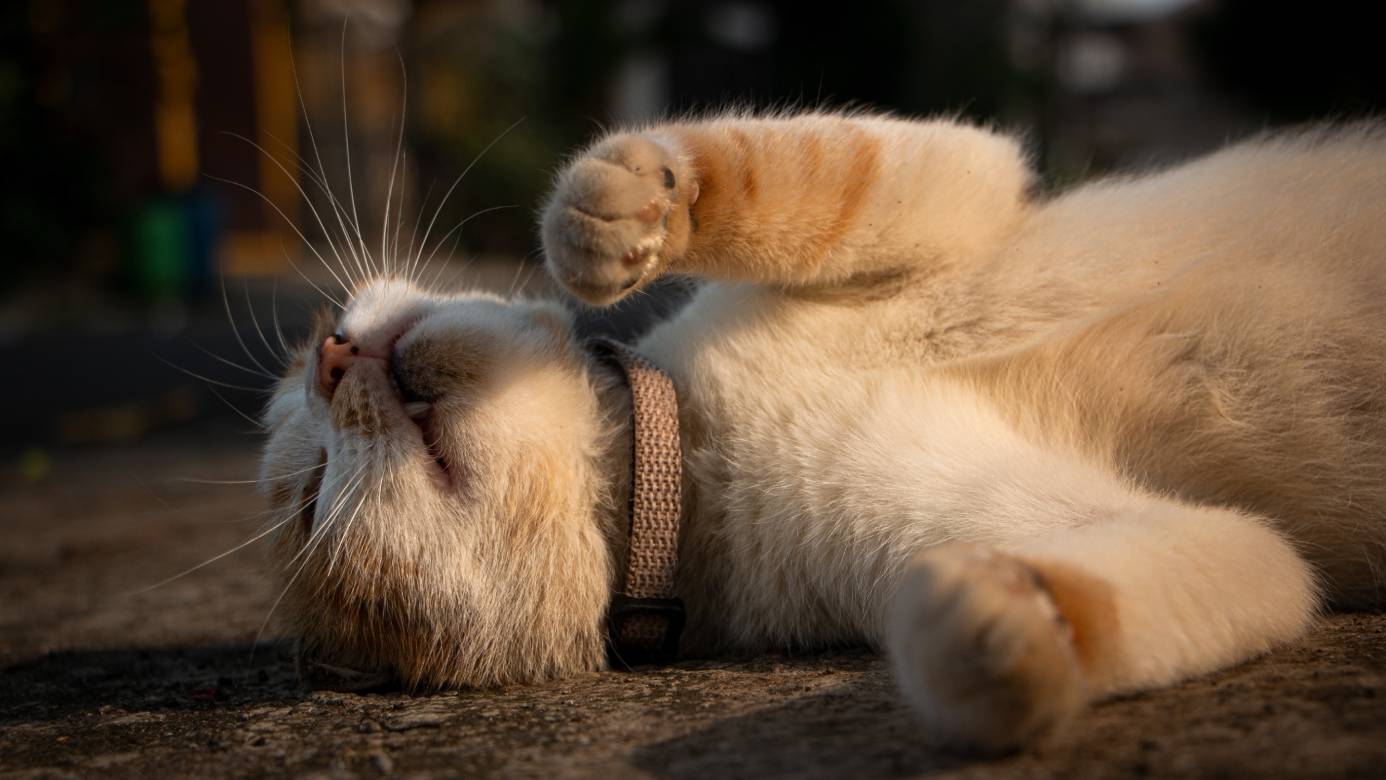

What Do I Do if I Found a Dead Stray Cat?
If you discover a dead stray, whether on the road or elsewhere, it’s understandable that you won’t be emotionally attached to them, but the kitty still deserves to be treated with kindness and disposed of correctly and safely. Here’s what to do:
1. Protection
If possible, put on a pair of gloves—either latex, cloth, or any material that will work in a first-aid scenario. If none are available, use some other type of material to handle the cat. Some cat diseases are zoonotic, meaning they can be passed from animals to humans, so protecting yourself is crucial. Afterward, remember to thoroughly wash your hands with soap and hot water.
2. Check for Signs of Life
Is the cat definitely deceased? Sometimes cats can appear dead when they aren’t, especially if they are severely injured. Check to see if they are breathing. Is the chest rising up and down? Can you feel a heartbeat? Are their eyes fully open? A cat who has passed away will have open eyes with no blink response.
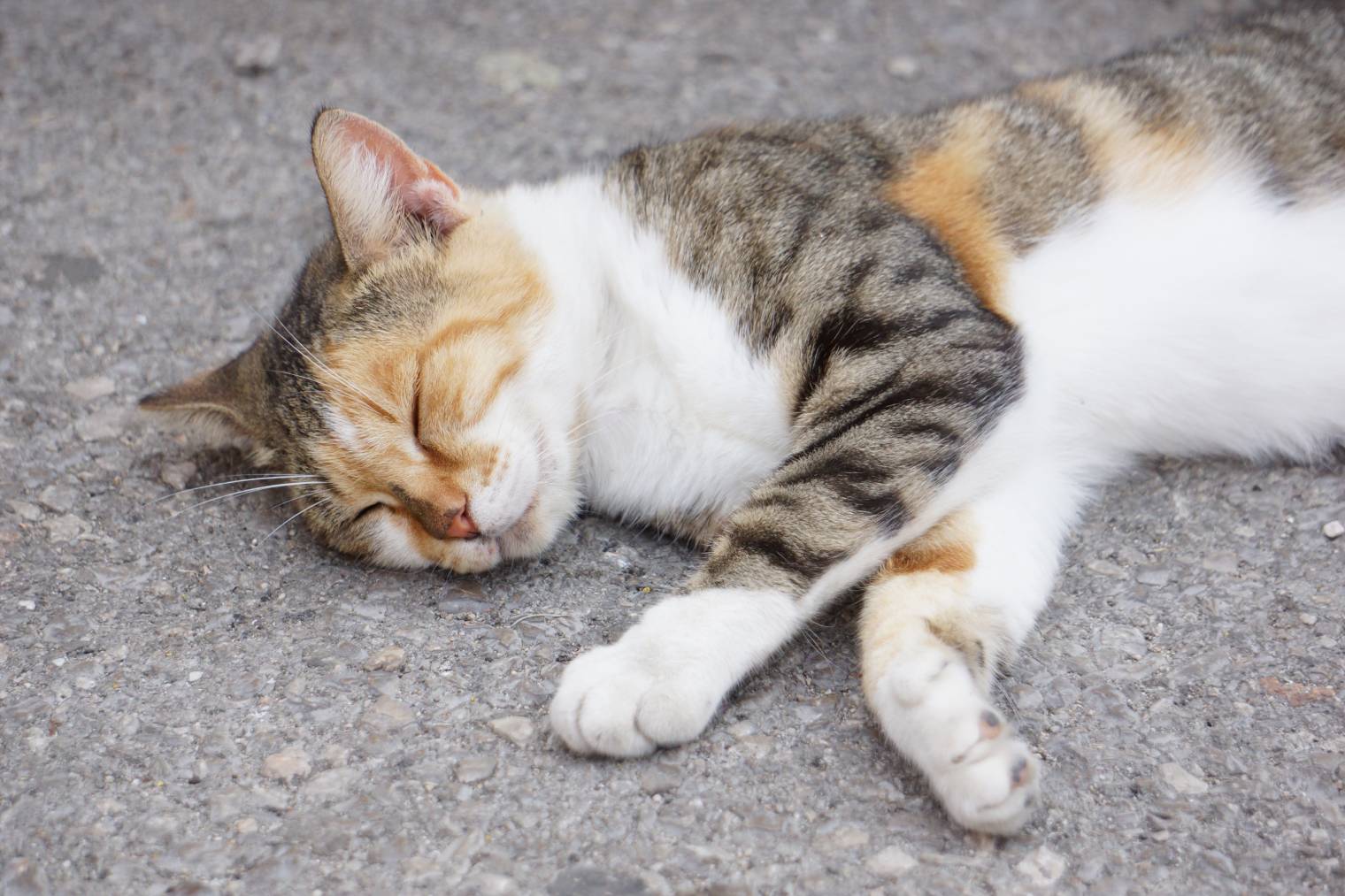
3. Check for Identification
Look for any signs of identification on the cat, such as a collar with tags. If there are tags, you might be able to contact the owner to inform them of the situation, or if you take them to a veterinarian or rescue center, they will have a microchip reader or scanner and can check the pet for a microchip and inform the owners.
4. Contact a Local Veterinarian
This is the simplest and easiest route to take. You should be able to take the cat to a local veterinarian (wrap them in a blanket or towel, if possible, or place them in a cardboard box or pet carrier). The vet will be able to take the cat, store the body correctly, and dispose of it using a pet crematorium. They will also have a microchip scanner and will check for a microchip in the cat’s neck area and inform the owners should one be found. They will also note the cat’s details and check these against any lost cat inquiries made to them.
5. Contact Animal Control or the Local Authorities
As an alternative to contacting the vet, in the United States, you can contact your local animal control or animal services agency. They are equipped to handle situations involving deceased animals and can properly dispose of the remains. Provide them with the location and any relevant details about the situation.
Some areas have specific procedures for reporting deceased animals. Check with your local municipality or animal control office for guidance on reporting and disposal of deceased animals.
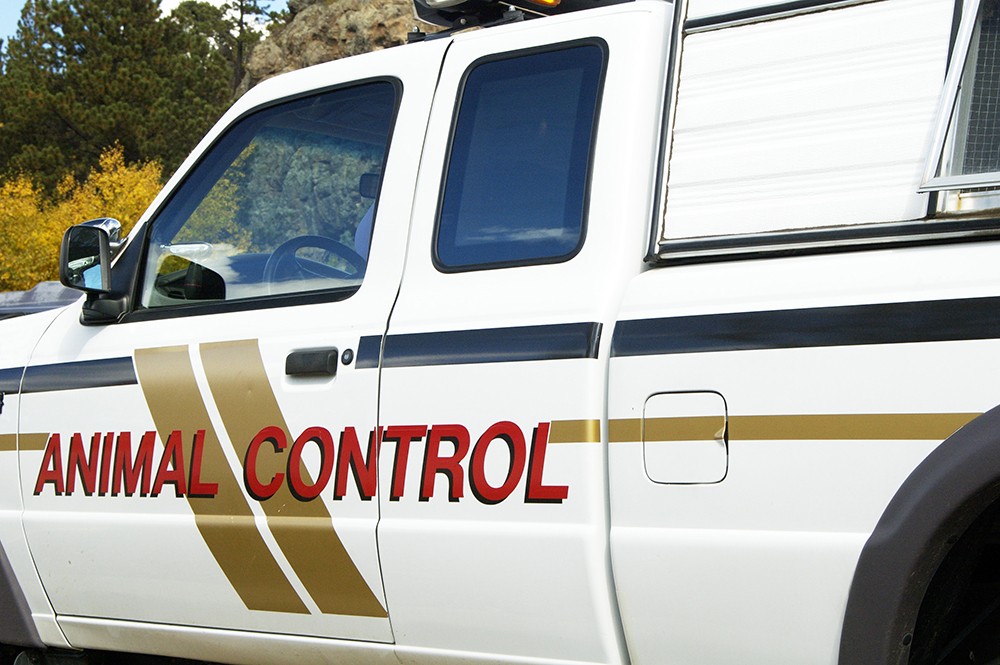
6. Contact Local Shelters or Rescues
If animal control is not available or if you’re unable to reach them, you can also contact local animal shelters or rescue organizations. They may be able to provide guidance or assistance or at the least a microchip scanner to check for a chip so you can locate the owners.
7. Contact a Pet Crematorium or Pet Mortuary
A pet crematorium will be able to take the cat’s body from you if the other options aren’t available. They do tend to be rarer than vet’s offices or other animal services, however.
8. Burial
Do not attempt to bury the cat yourself. This procedure may be allowed in certain areas if their rules are followed, but as you are unaware of the health status of the cat, you must use other methods so they can dispose of the body safely and humanely.
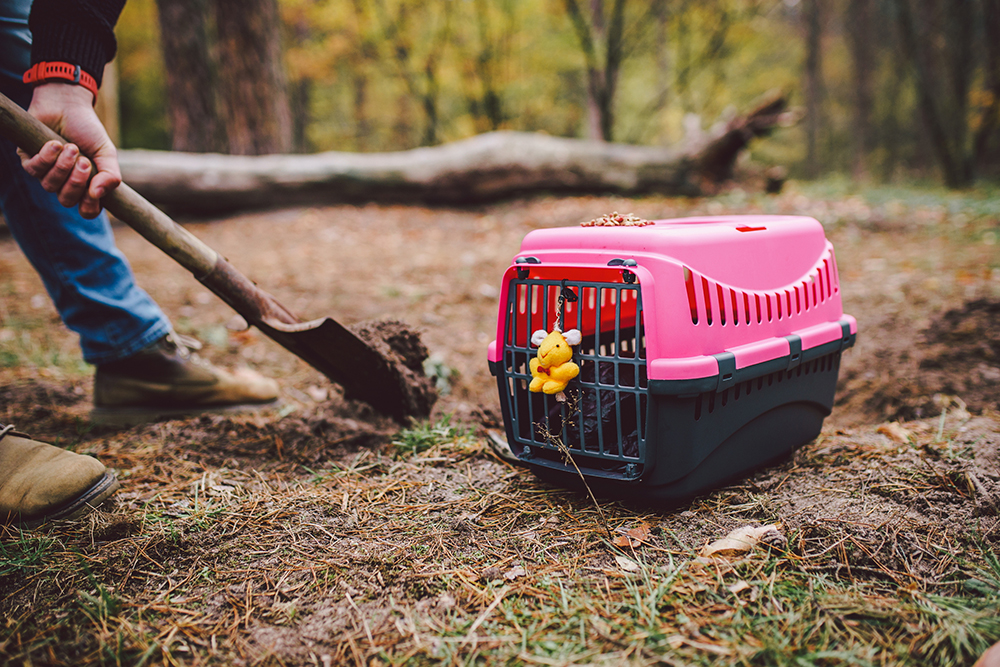

What to Do if Your Pet Cat Dies at Home
Occasionally, cats do happen to pass away at home. Try to remain calm and composed, especially if there are children around, but this is understandable if you can’t. Contact your veterinarian, who will advise you to bring them to the office so that they can arrange cremation or burial for you. Alternatively, they can offer guidance on a home burial if you prefer.

In Conclusion
A dead cat is never something you want to come across. Every year, though, unfortunately, many cats (stary and otherwise) are hit and killed on roads, so it would not be uncommon to have found a dead cat on your travels. Hopefully, the above guidance has been informative to you.
Finally, consider that you should always be prepared. If you are a pet person and drive a lot, it is helpful (for first aid) to carry a cardboard box, a towel or blanket, and gloves in case you come across this type of situation one day. Keeping a pet first-aid kit can be considered as necessary as a human one.
Related Reads:
- Why Do Vets Take Cats “Into the Back”? What Happens There?
- Would You Go Back to a Veterinarian if Your Cat Had Died in That Office?
Featured Image Credit: Harmony Video Production, Shutterstock
